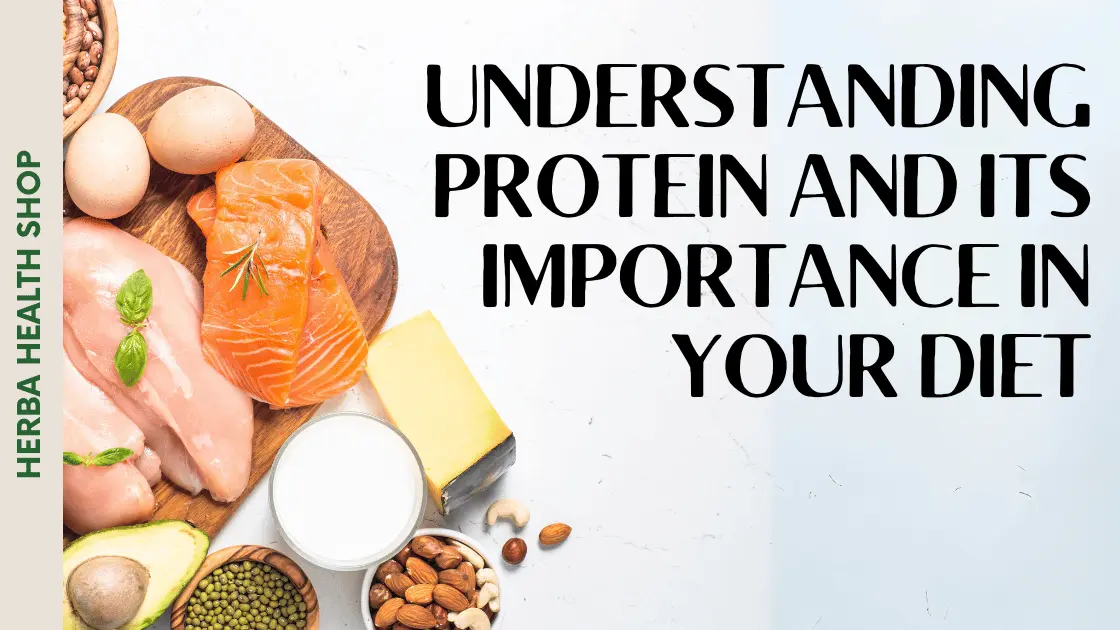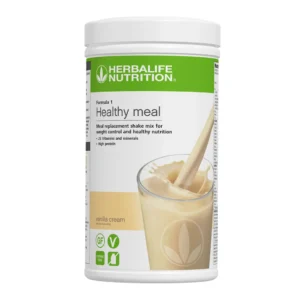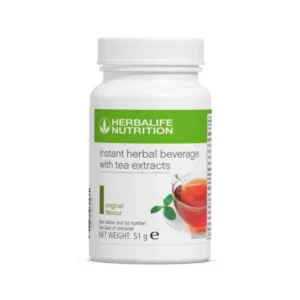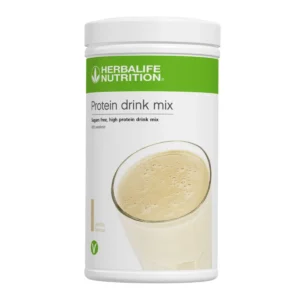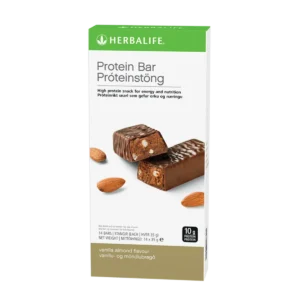Protein, a critical macronutrient in our diet, serves as the foundation for physical health and well-being. It’s not just for athletes or bodybuilders but is essential for everyone, playing a vital role in the growth, repair, and function of our bodies. In this blog post, we’ll dive into what protein is, why it’s so important for our health, and how to ensure you’re getting enough of it in your diet.
What is Protein?
Protein is a complex molecule made up of smaller units called amino acids, linked together in long chains. There are 20 different amino acids that can combine to form a protein. Our body requires these amino acids to produce new proteins, repair cells, and carry out the functions of life. Nine of these amino acids are considered “essential” because our bodies cannot make them, so they must come from our diet.
Proteins are found throughout the body—in muscle, bone, skin, hair, and virtually every other body part or tissue. They make up the enzymes that power many chemical reactions and the hemoglobin that carries oxygen in your blood. At least 10,000 different proteins make you what you are and keep you that way.
The Importance of Protein in Your Diet
Growth and Repair
Protein is crucial for growth and repair, making it an essential nutrient for everyone, not just individuals who are active or looking to build muscle. It helps to repair cells that are damaged and build new ones, which is especially important after exercising or any physical activity.
Building Blocks of the Body
Proteins form the building blocks of muscles, bones, skin, and hair. They are involved in the formation of hormones and enzymes that regulate bodily functions and play a critical role in maintaining the structure and integrity of every cell in our body.
Supports a Healthy Immune System
Proteins help form antibodies that fight off infections and illnesses, supporting a healthy immune system. Without adequate protein, our bodies may struggle to heal quickly or fight off pathogens.
Weight Management
Including protein-rich foods in your diet can help with weight management by promoting satiety. Protein takes longer to digest, helping you feel full for longer periods, which can reduce overall calorie intake.
Nutrient Absorption
Protein plays a role in transporting vitamins, minerals, and oxygen throughout the body, ensuring your cells receive the nutrients they need to function optimally.
How Much Protein Do You Need?
The amount of protein you need depends on various factors, including age, gender, activity level, and health goals. A general guideline is that adults should consume 1.5 grams of protein per kilogram of body weight per day. However, needs may increase based on physical activity level, with athletes or those engaging in heavy physical activity requiring more.
Sources of Protein
Protein can be found in both animal and plant-based foods. Animal sources include meat, fish, poultry, eggs, and dairy products, which provide all nine essential amino acids. Plant-based sources of protein include legumes, grains, nuts, seeds, and vegetables. While most plant-based proteins are considered “incomplete” because they lack one or more essential amino acids, eating a variety of plant-based protein sources throughout the day can ensure you get all the amino acids your body needs.
Incorporating Protein into Your Diet
To ensure you’re getting enough protein, include a source of protein at every meal.
Increasing your protein intake can be a straightforward and delicious endeavor. Here are five effective ways to boost your protein consumption, including convenient options from Herbalife for those on the go:
- Snack on Greek Yogurt: Opt for Greek yogurt as a snack or part of your meals. It’s higher in protein than regular yogurt and can be paired with fruits, nuts, or honey for added flavor. Greek yogurt is a versatile option that can help satisfy hunger and boost protein intake.
- Incorporate Herbalife Protein Drink Mix: Add this versatile protein drink mix to your daily routine. It can be easily blended with water for a quick protein boost or mixed with other ingredients to create a nutrient-dense smoothie, providing a convenient and tasty way to increase your protein intake.
- Use Herbalife Formula 1 Shake: Start your day with a Herbalife Formula 1 Shake, or use it as a meal replacement for lunch or dinner. These shakes are not only rich in protein but also fortified with vitamins and minerals, offering a balanced meal option that supports your dietary protein needs.
- Add Lean Meats to Your Meals: Incorporate lean meats such as chicken, turkey, and fish into your diet. These sources are not only high in protein but also contain essential nutrients like iron and omega-3 fatty acids. Grilling, baking, or steaming these proteins are healthy ways to enjoy their benefits.
- Include Plant-Based Proteins: For vegetarians or those looking to reduce meat consumption, incorporating plant-based proteins such as lentils, chickpeas, quinoa, and tofu into your diet is an excellent way to ensure you’re meeting your protein needs. These foods are not only rich in protein but also fiber and other key nutrients.
Protein is more than just a macronutrient; it’s a fundamental component of life, essential for the growth, repair, and maintenance of our bodies. By understanding the importance of protein and ensuring you’re consuming enough through your diet, you can support your body’s needs and promote overall health and well-being. Whether through animal or plant-based sources, incorporating a variety of proteins into your diet can help you meet your nutritional needs and support a healthy, active lifestyle.

